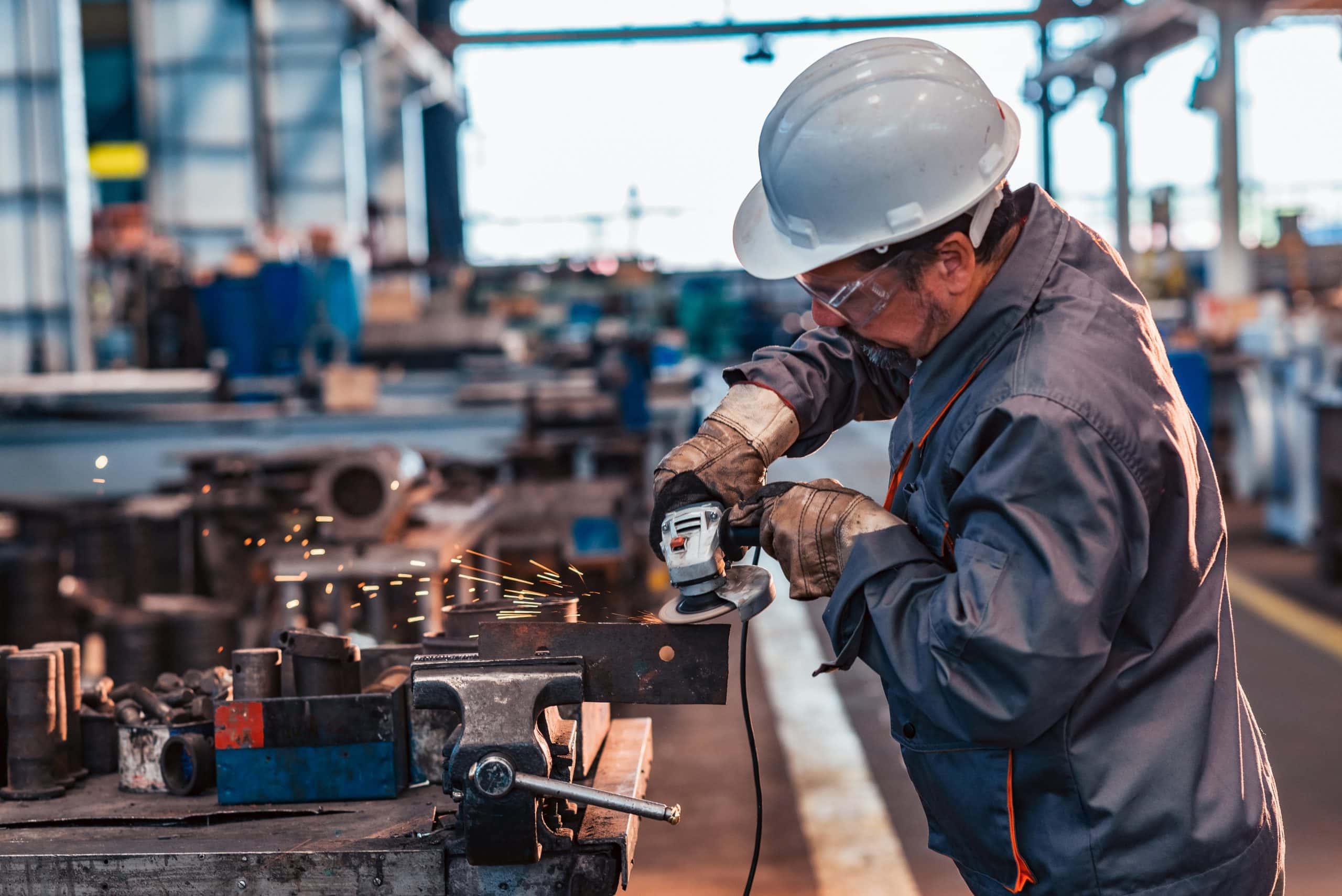Our Story
Welcome to Coburn-Myers, your go-to destination for industrial fasteners in every variety imaginable! From bolts and nuts to washers and screws, we've got you covered with a wide range of options, all crafted with a focus on quality, affordability, and stellar customer service.

Quality Assurance

Our quality assurance program is your assurance of dependable performance from every fastener you purchase from Coburn-Myers. Here’s how we do it:
Vendor Qualification:
Our reputation — and our business success — depends on the quality of the products we sell. That’s why we insist on impeccable credentials from the manufacturers who supply us. If we are unfamiliar with a manufacturer, our technical staff will conduct an on-site inspection of the factory to ensure that the supplier is capable of meeting our quality standards.
Consistent Quality:
When a manufacturer’s shipment hits our receiving docks, the quality assurance process continues. Shipments are subjected to a physical inspection which weeds out items that fall outside prescribed tolerances, such as thickness and length.
Customer Service

At Coburn-Myers, we pride ourselves on offering exceptional customer service tailored to your needs. Whether you're a frequent purchaser of fasteners or just getting started, our friendly and knowledgeable Customer Service Representatives are here to assist you every step of the way.
Prompt price quotations:
In a rush for a price quote on a specific fastener? No problem! Simply send us a print, description, or drawing via email or Request for Quote, or give us a call. Our dedicated technical staff will promptly identify the fastener and provide you with a competitive price quote.
With over 100,000 shapes and sizes of inch and metric bolts, nuts, and washers in our distribution center, we likely have what you need in stock. If not, don't worry! We have extensive connections with major fastener manufacturers and suppliers worldwide, ensuring that we can locate the fastener you require and provide you with a reliable delivery date.


























